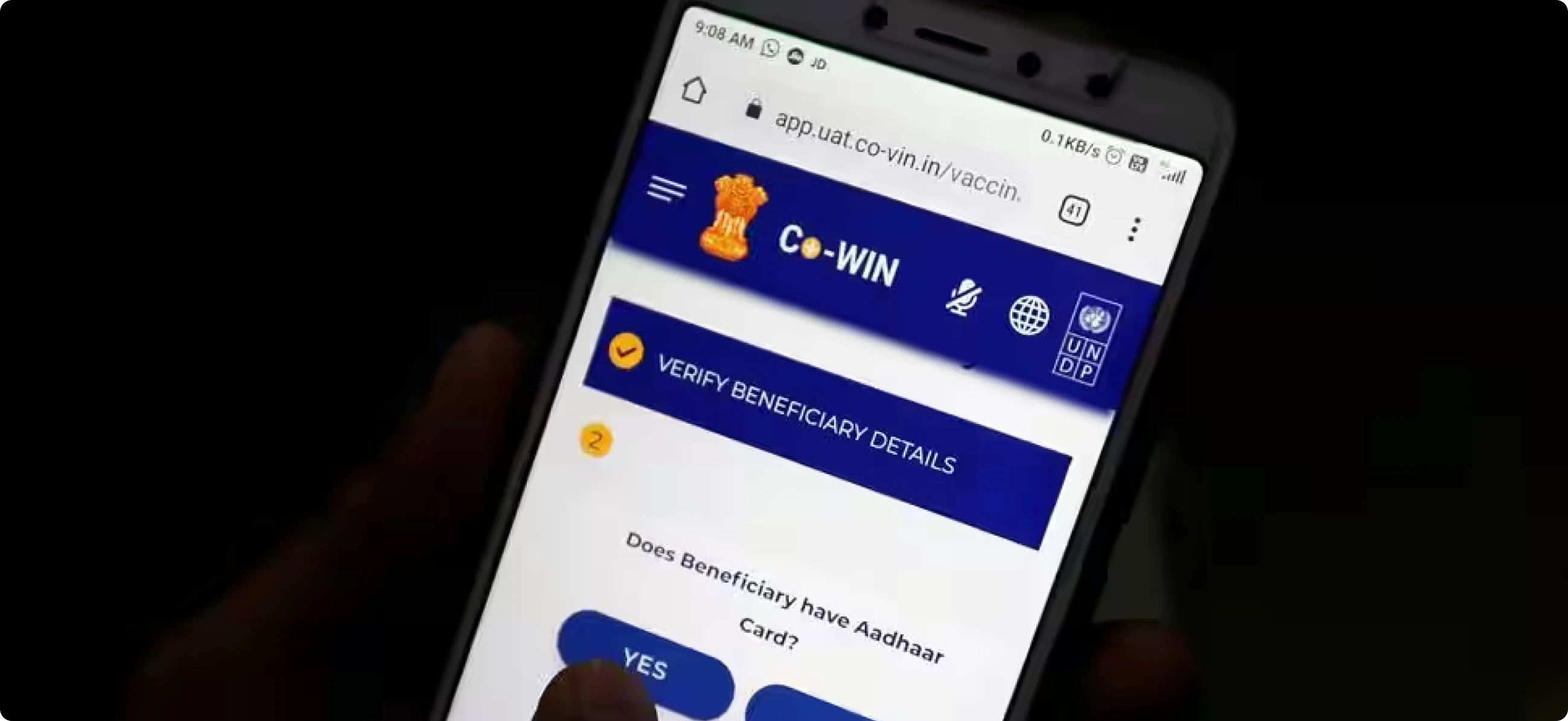International Numbers on Whatsapp
Introduction
WhatsApp has become the new platform for scams, and the number of cases of WhatsApp scams is increasing daily. Just like that, a new WhatsApp scam has been started, and many WhatsApp users in India have reported receiving missed calls from unknown international numbers. Worse, one does not even have to answer the call to be scammed. A missed call is sufficient to be scammed.
Millions of populations switch from normal SMS to WhatsApp, usually, people used to get fake messages and marketing messages, but the trend of scamming has been evolving now. Most people get calls from different countries, and they are concerned about how these scammers got the numbers. WhatsApp works through VoIP networks, so no extra charges from any country exist. And about 500 million WhatsApp users are getting these scam calls, the calls are mainly on job-scams of promising part-time employment and opportunities. These types of job scam calls have been started reporting in 2023.
People reporting missed calls from countries like Ethiopia (+251), Malaysia (+60), Indonesia (+62), Vietnam (+84), etc.
The agenda of these calls are still unclear. Still, in some cases, the scammers ask for confidential information from WhatsApp users, like bank details, so the users must not reveal their personal information. Also, it is important to note that if you get any calls from a particular country, it necessarily does not mean it is from that country. Various agencies sell international numbers for WhatsApp calls.
Why has WhatsApp become a hub scam?
The generation has evolved and dumped the old SMS into WhatsApp. From school to college and offices, people use WhatsApp for their official work, as it is very easy and user-friendly, so people avoid safety measures. Generally, users need to understand the consequences of technology and use it with safeguards and awareness. Many people lose money and become victims of scams on WhatsApp as they share their confidential information. And the worse is that one does not even have to answer the call to be scammed. A missed call is sufficient to be scammed.
Before these international calls scam, the user received a call from the scam that they were from KBC, and the user won something. Then sought confidential information by the excuse that they would transfer the money to the user, and because of that user got scammed by the scammers. These scams have risen rapidly lately.
Safeguards users can use against these scam calls
WhatsApp responds to complaints regarding international calls to “block and report.”
If you have already received such calls, the best thing you can do is report and block them right away. As a result, the same number does not return to your phone, and numerous identical reports may persuade WhatsApp to delete the number entirely.
WhatsApp is also working on an update allowing users to block calls from unknown numbers on the service.

Users must modify their phone’s and app’s fundamental privacy settings to protect themselves from data breaches. The calls are directed toward app users who are actively using the app. However, by modifying the account’s appearance, a user can lessen the likelihood of being added to the scammers’ attack lists.
Limit Privacy
Begin by modifying WhatsApp’s ‘who can see’ settings. If your profile photo, last seen, and online status are visible to anybody, restrict them to persons on your contact list only. Change the About and Groups options as well.
Turn on two-factor authentication
Enabling two-factor authentication on WhatsApp adds more security to your data. In addition, the app also supports biometric protection in case of theft or loss.
Active Reporting
The users should report as soon as they see something odd or suspicious activity.
A typical question that users have is, ‘Where do the scammers acquire my phone number from?’
The answer is a little more complicated than we thought. Your data is retained on the company database from the time you sign up on a website or reveal your phone number at a store in order to take advantage of promotional offers and promotions. Due to a lack of technological infrastructure and legislation to protect personal data, a scammer can simply obtain your information.
According to Palo Alto research, India is the second most vulnerable country in the APAC region in terms of cyberattacks and data breaches. A data protection law is essential in the face of increasing calls and data breaches.
The Digital Personal Data Protection bill is set to be introduced in the parliament’s monsoon session. The bill has the potential to protect data, which will help to eliminate scams.
Conclusion
Several people had tweeted on tweeter about receiving fake calls on WhatsApp from international numbers more than once. WhatsApp encrypts calls and messages, making it difficult to track the person, and it appears that hackers are taking advantage of this to swindle customers. If you receive a WhatsApp call from any of the above ISD codes, we strongly advise you not to answer it and to block the number so the bad actors do not call you again. Report & block immediately that’s what WhatsApp has been responding to the complainants.
















